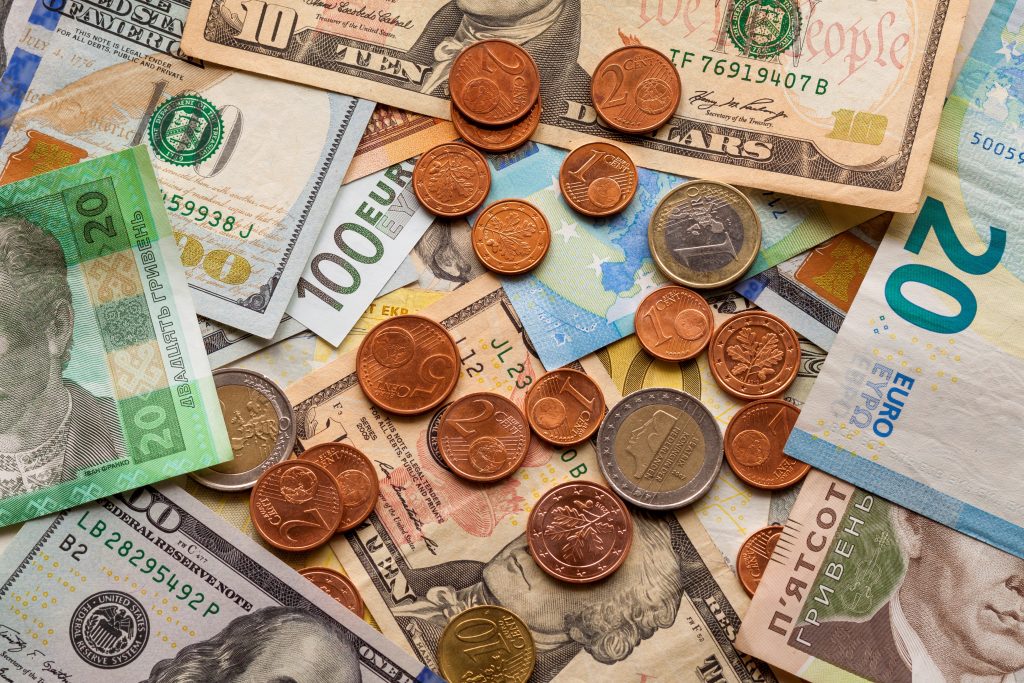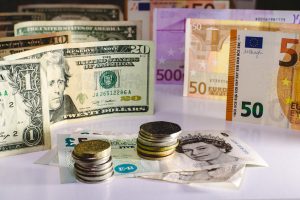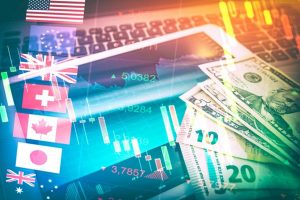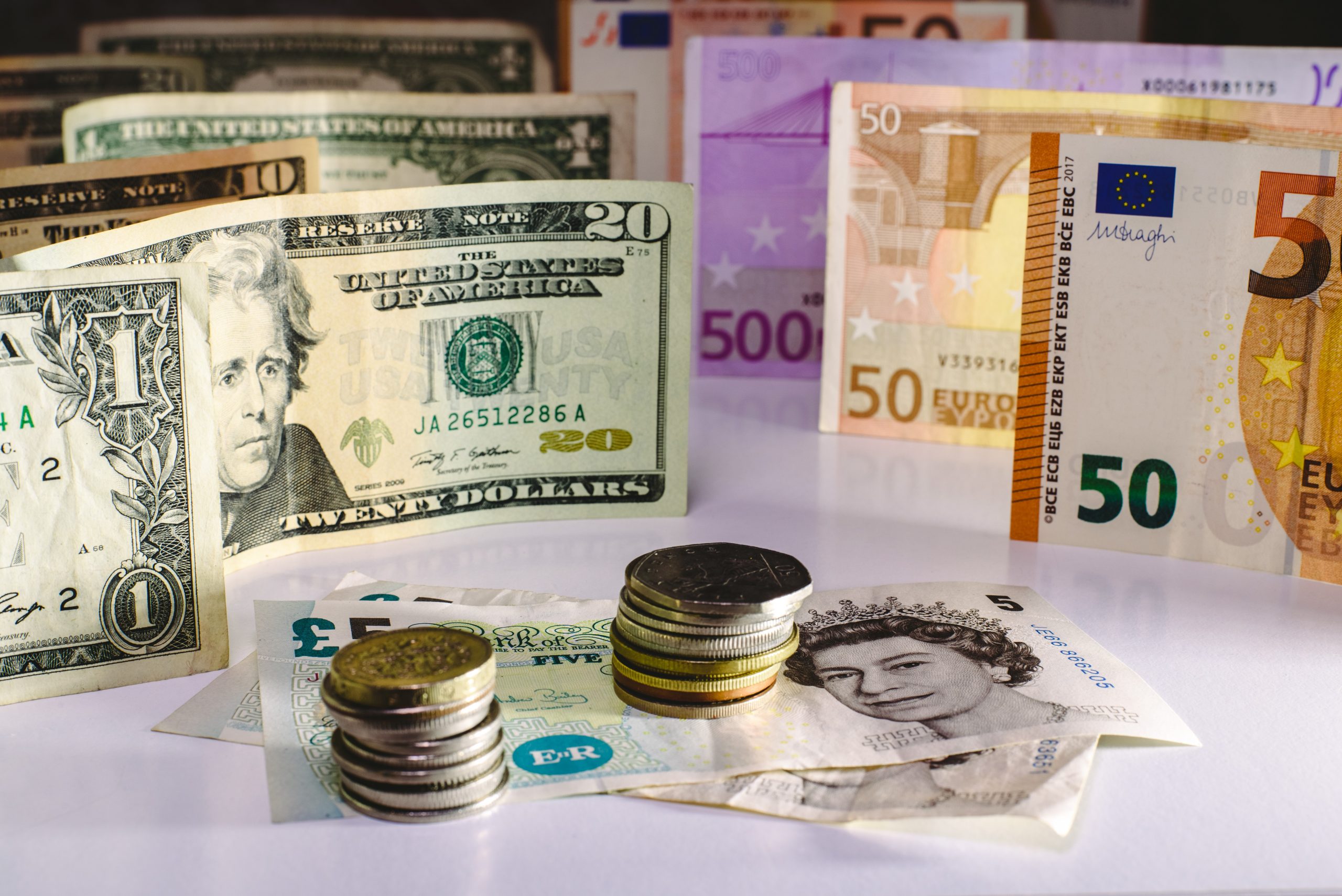Analysis of International Markets in Forex
As a Foreign Exchange Market trader, understanding international market relationships is crucial for your success, especially if you use fundamental analysis in forex. Within this vast market, international markets play a pivotal role. Each currency is affected by various factors, such as economic indicators, political events, and market sentiment. By analyzing these relationships, traders can make informed decisions and capitalize on opportunities for profitable trades.
In this article, we will delve into the definition and scope of the forex market, explore the major currencies and how they are traded, and examine the diverse range of market participants. Additionally, we will analyze how these participants influence the market and discuss the dynamics that shape the forex exchange market. Furthermore, we will explore the impact of economic indicators, political events, and market sentiment on forex rates.
Definition and Scope of the Forex Market
The foreign exchange market encompasses the buying and selling of currencies between individuals, corporations, governments, and financial institutions. As one of the largest and most liquid financial markets in the world, it operates 24 hours a day, five days a week.
The scope of the forex market extends beyond national borders, allowing participants to trade currencies from different countries. This international nature of currency trading creates opportunities for investors to profit from fluctuations in exchange rates. Trillions of dollars are traded on the forex market each day, making it a highly influential market that affects global economic stability.
Key Features of the Forex Market
- Decentralized Market: Unlike stock exchanges, the forex market operates as a decentralized market. This means that trading activities take place electronically, without a centralized exchange or physical location.
- High Liquidity: The forex market is highly liquid due to its large trading volume and numerous market participants. This liquidity ensures that traders can easily enter or exit positions, even with large trade sizes.
- Low Barriers to Entry: The forex market offers low barriers to entry, allowing individuals and small investors to participate in currency trading. Many forex brokers offer leverage, which enables traders to control larger positions with smaller amounts of capital.
- Global Market Hours: The forex market operates 24 hours a day, beginning with the opening of the Asian session and closing with the New York session. This provides traders with the flexibility to trade at any time, taking advantage of different market sessions around the world.
Major Currencies and Trading

Major currencies play a crucial role in shaping the dynamics and trends in the forex market. These currencies are widely traded and heavily influence the overall market sentiment and exchange rates. In this section, we will explore the significance of major currencies such as the USD, EUR, and JPY in the Forex market.
The USD: The United States Dollar (USD) is the most traded currency in the world. As the global reserve currency, the USD holds a dominant position in international trade and finance. Traders and investors closely monitor the USD’s performance as it influences other major currencies and serves as a benchmark for many commodities.
The EUR: The Euro (EUR) is the second most traded currency globally and represents the European Union’s member countries. As a major reserve currency, the EUR plays a significant role in the Forex market. Economic indicators and political events in EU member countries can cause fluctuations in the EUR’s value.
The JPY: The Japanese Yen (JPY) is one of the major currencies in Forex trading. Japan has a large economy and is known for its export-oriented businesses. The performance of the JPY is influenced by factors such as market sentiment, economic indicators, and monetary policy decisions made by the Bank of Japan.
When trading major currencies, traders should be aware of their characteristics and the factors that impact their value. Understanding the relationships between these currencies and their respective economies is crucial for making informed trading decisions.
Market Participants in Forex Trading
The Forex trading market is composed of various market participants, each playing a crucial role in shaping the dynamics of the market.
Central Banks and Governments

Central banks and governments are among the most influential players in the Forex market. They manage their countries’ currency reserves and can influence exchange rates through policies, interventions, and interest rate adjustments. For instance, a central bank may intervene in the Forex market to strengthen or weaken its currency, aiming to achieve economic objectives such as controlling inflation or boosting exports.
Major Commercial Banks and Financial Institutions

The backbone of the Forex market is made up of major commercial banks and financial institutions. These entities facilitate the vast majority of currency transactions, whether for international trade, investment purposes, or speculative trading. Banks also provide the critical infrastructure for the market, including the Electronic Brokering Services (EBS) and Reuters 3000 Xtra systems, which are primary platforms where currencies are traded.
Multinational Corporations

Multinational corporations participate in the Forex market primarily for business operations rather than for profit from currency fluctuations. They need to exchange currencies to settle international transactions, including buying goods or services, investing in foreign enterprises, or repatriating profits. Their trades can have significant short-term impacts on currency markets, especially when large transactions are involved.
Investment Funds

Hedge funds, mutual funds, and pension funds are significant players, using the Forex market to hedge against currency risk or to seek profit from currency movements. Their trading strategies can be diverse, ranging from long-term fundamental analysis to short-term speculative trades, and their substantial trading volumes can influence currency values.
Retail Forex Traders

Individual or retail traders constitute a growing segment of the Forex market, thanks to the advent of internet-based trading platforms. Retail Forex Traders, in particular, leverage forex charts extensively to conduct technical analysis, complementing their fundamental analysis strategies. While their individual trading volumes are small compared to institutional players, collectively, they can impact market trends, especially in less liquid currency pairs. Retail traders rely on a mix of fundamental and technical analysis to make trading decisions and can participate in the market through brokers.
Influence on the Forex Trading Market
Each group of market participants influences the Forex market in unique ways. Central banks and governments can cause immediate and significant market movements through policy changes or interventions. Financial institutions and banks provide liquidity, enabling the continuous exchange of currencies. Corporations influence demand for currencies through their international commercial activities, while investment funds can drive trends based on their investment strategies. Lastly, the collective actions of individual traders contribute to the market’s depth and liquidity, often amplifying short-term trends.
Dynamics of the Forex Exchange Market
In the fast-paced world of Forex trading, understanding the dynamics of the foreign exchange market is crucial for success. This section will delve into the factors that drive changes in Forex rates, providing valuable insights for traders.
Economic Indicators

Economic indicators play a significant role in shaping the Forex exchange market. Their role becomes even more critical when forex trading in economic crises. Traders closely monitor these indicators for signs of economic stability or recovery in different countries, as these signals can lead to significant movements in forex rates. Key indicators such as Gross Domestic Product (GDP), inflation rates, and employment data can have a profound impact on currency values. Traders closely monitor these indicators to anticipate shifts in market sentiment and adjust their trading strategies accordingly.
Gross Domestic Product (GDP)
GDP represents the total value of goods and services produced within a country’s borders during a specific time period. A higher GDP is generally associated with a strong economy, which can attract foreign investment and lead to an increase in the value of the country’s currency.
Inflation Rates
Inflation refers to the rate at which the general price level of goods and services in an economy is rising. High inflation erodes the purchasing power of a currency, making it less attractive to foreign investors. As a result, currencies in countries with lower inflation rates may appreciate in value compared to those experiencing higher inflation.
Employment Data
The employment data, such as the unemployment rate or non-farm payroll reports, provides insights into the labor market’s health and overall economic conditions. A low unemployment rate and strong job growth are usually positive indicators, signaling a healthy economy. In turn, this can lead to a stronger currency.
Traders and investors carefully monitor these economic indicators to anticipate how they might influence Forex rates. By analyzing this data alongside other market conditions and factors, traders can make more informed decisions about when to buy or sell currencies.
It is important to note that economic indicators may have different impacts on different currency pairs. Therefore, traders should also consider factors such as interest rates, central bank policies, and geopolitical events to get a comprehensive understanding of the Forex market.
Political Events

Political events have the power to disrupt the Forex exchange market with their unpredictability and influence on market sentiment. Elections, policy changes, and geopolitical tensions can generate volatility and rapid fluctuations in currency values. Traders need to stay abreast of political developments globally to navigate the market effectively.
Political Events and Forex Volatility
Political events play a significant role in shaping the volatility of the Forex exchange market. Elections, policy changes, and geopolitical tensions can have far-reaching impacts on currency values and market sentiment. Traders need to closely monitor these events to make informed decisions and manage risk effectively.
During elections, political uncertainty often leads to increased market volatility. Investors become cautious, seeking stability and minimizing exposure to risk. Consequently, currency exchange rates may fluctuate significantly as market participants react to changing political landscapes and potential policy shifts.
Policy changes implemented by governments can also trigger Forex market volatility. For example, when a central bank announces an interest rate change or modifies monetary policies, it can influence currency values. Traders closely analyze these policy decisions, as they can have both immediate and long-term effects on exchange rates.
Geopolitical tensions, such as conflicts or trade disputes between countries, can further escalate Forex market volatility. When geopolitical risks emerge, investors often favor safe-haven currencies, such as the US dollar or the Swiss franc, causing these currencies to appreciate against others. Additionally, geopolitical events can disrupt trade flows and impact the economic outlook of countries, leading to currency fluctuations.
To illustrate the impact of political events on Forex volatility, the following table highlights the significant currency movements during important political events:
| Political Event | Currency Impacted | Direction of Movement |
| Brexit Referendum (2016) | British Pound (GBP) | Significant depreciation |
| US Presidential Election (2016) | US Dollar (USD) | Initial volatility, followed by appreciation |
| European Debt Crisis (2010) | Euro (EUR) | Sustained depreciation |
As shown in the table above, political events can have profound effects on specific currencies, leading to substantial movements in the Forex market.
Managing Political Event-Driven Volatility in Forex Trading
Traders must adopt strategies to manage the volatility caused by political events. One approach is to closely follow news updates and stay informed about upcoming events that may impact the market. This allows traders to anticipate and potentially capitalize on currency movements.
Another strategy is to implement risk management techniques, such as setting appropriate stop-loss orders and position sizing. This helps to limit potential losses in the event of significant market volatility. Additionally, diversifying currency exposure across various currency pairs can help mitigate risk and reduce the impact of political event-driven volatility.
In conclusion, political events exert a considerable influence on the Forex exchange market, leading to increased volatility. Traders must stay vigilant, analyze the potential impact of political events, and implement effective risk management strategies to navigate the ever-changing landscape of the Forex market.
Market Sentiment and Currency Movements
Market sentiment plays a crucial role in driving currency movements. Market sentiment refers to the overall attitude of traders and investors towards a particular currency or the market as a whole. It is influenced by various factors, including economic indicators, political events, and market trends.
When market sentiment is positive, investors have confidence in the currency and tend to buy it, driving its value up. Conversely, when market sentiment is negative, investors become cautious and may sell the currency, leading to a decline in its value. Market sentiment is influenced by economic indicators, political events, and risk tolerance
Understanding market sentiment is crucial for forex traders, as it helps them anticipate currency movements and make informed trading decisions. By staying updated on economic news, political developments, and market trends, traders can gauge market sentiment and adjust their strategies accordingly.
Conclusion
In conclusion, by recognizing the roles and behaviors of different market participants – such as banks, financial institutions, governments, corporations, and individual traders – traders can gain valuable insights into market sentiment and make informed trading decisions. Moreover, understanding the dynamics of the forex exchange market and closely monitoring economic indicators and political events enable traders to anticipate and capitalize on currency fluctuations.
Successful trading in the forex market requires knowledge, skill, and adaptability. By staying informed and continually analyzing market trends and relationships, traders can navigate the ever-changing landscape of the foreign exchange market and pursue profitable opportunities.














